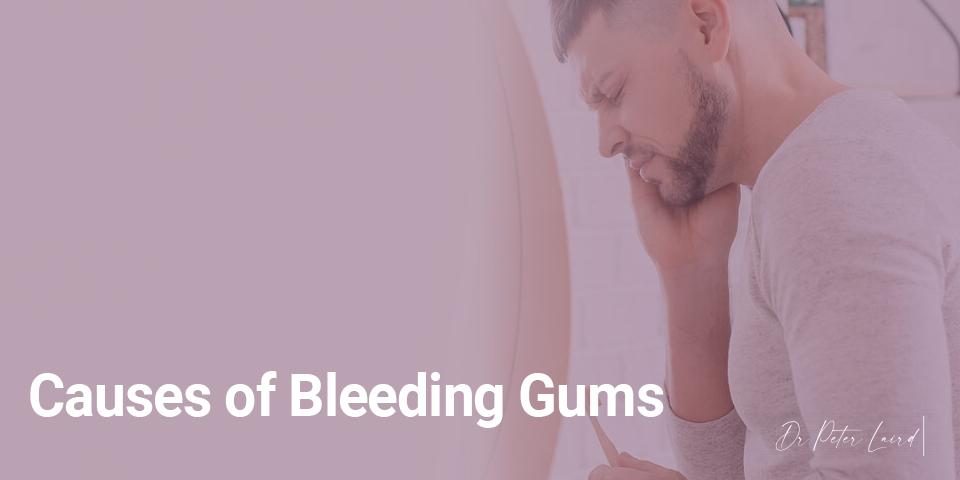There are several reasons why you might suddenly develop bleeding gums, some of which are more serious than others. It is essential to understand the causes of gum bleeding to seek appropriate treatment.
This article will show you the primary and most severe reasons behind bleeding gums and when to see your Hawthorn dentist.
Why Do Gums Bleed?
Bleeding gums can be very uncomfortable and painful. Although there are several causes, gum disease is the most common cause of gum bleeding, followed by trauma to the gums. Gum disease is caused by plaque, a sticky film of bacteria that builds upon the teeth. If plaque is not removed through brushing and flossing, it will harden into calculus (tartar). The bacteria in plaque and calculus can damage the gums, leading to gum disease. Symptoms of gum disease include red, swollen, and bleeding gums. Trauma to the gums can also cause them to bleed. This may include biting your gums, using your teeth to open packaging, or pulling something out of your mouth. Other causes of gum bleeding include:- Nutritional deficiencies, such as a lack of vitamin C or iron
- Systemic diseases, such as leukemia or diabetes
- Medications, such as anti-inflammatory drugs or blood thinners
- Hormonal changes, such as those that occur during pregnancy or menopause
- Poor oral hygiene
- Smoking or chewing tobacco
- Excessive plaque and calculus build-up
- Flossing
- Chewing tobacco
- Aggressive teeth brushing, and
- Abrasions from food – especially hard or sharp food.
How To Stop Bleeding Gums?
Most people don\’t know how to stop bleeding gums because they either don’t know they have a problem or try to fix it wrong. Bleeding gums can be a sign of gum disease, and if left untreated, the condition can lead to tooth loss. If you have bleeding gums, you should see your dentist for a check-up to determine the cause and get started on treatment. In the meantime, here are a few things you can do to stop the bleeding:- Rinse your mouth with saltwater.
- Apply pressure to the gums with a cold compress.
- Use a toothbrush with soft bristles to clean your teeth and gums.
- Take over-the-counter pain relief if you\’re experiencing pain.
- See your dentist for a professional cleaning and examination.
